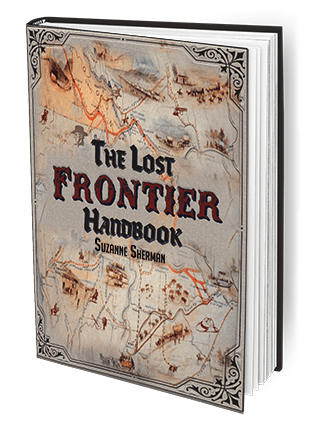The Dawn of the Fourth Industrial Revolution
The world was first acquainted with the term “Fourth Industrial Revolution” amidst the Swiss mountains, and it has since become a hot topic among academics, politicians, and business leaders. But what does it entail, and why is it so significant?
The term “Fourth Industrial Revolution” was coined by Klaus Schwab, founder of the World Economic Forum and a former professor. In his book of the same name, Schwab outlines an era characterized by a technological revolution that blurs the lines between the physical, digital, and biological spheres.
The Core of the Fourth Industrial Revolution
The Fourth Industrial Revolution revolves around technologies such as artificial intelligence, autonomous vehicles, and the Internet of Things (IoT). These technologies have permeated our daily lives and even our bodies. For instance, consider voice-activated virtual assistants, face ID recognition, or healthcare sensors.
Schwab first presented his vision of the Fourth Industrial Revolution at the World Economic Forum’s annual meeting in Davos in 2016. The distinguishing factor of this revolution from its predecessor is the increasing merger of technology with human lives and the unprecedented speed of technological changes.
The Impact of the Fourth Industrial Revolution
3D printing is a prime example of fast-paced technology in the Fourth Industrial Revolution. The industry has transformed from a mere business idea to a thriving sector, with 3D printer shipments expected to increase from just under 200,000 in 2015 to 2.4 million in 2020.
New technological advancements are driving a lot of innovation, as seen in the increasing number of patents related to the Fourth Industrial Revolution. However, as we are in a “winner takes all” economy, high-skilled workers are rewarded with high pay, while the rest are left behind.
The Challenges of the Fourth Industrial Revolution
Technologies like AI are projected to eliminate some jobs and create demand for new skills that many workers currently lack. Privacy concerns are another issue as all industries, from food to retail to banking, are going digital and collecting more data about their customers.
There is a growing concern that companies know too much about individuals’ private digital lives. The World Economic Forum reports that a majority of leaders don’t have confidence their organizations are ready for the changes associated with the Fourth Industrial Revolution.
Final Thoughts
The Fourth Industrial Revolution brings a wealth of opportunities and challenges. Understanding its scope and impact is crucial for individuals and organizations to navigate the changing landscape. To truly grasp the intricacies of this revolution, we highly recommend watching the video that inspired this article.
As we move forward in this new era, we must equip ourselves with the knowledge necessary to harness the benefits and mitigate the potential drawbacks of the Fourth Industrial Revolution. It’s time to embrace the future, and understand that it lies in the intersection of the physical, digital, and biological worlds.
The Fourth Industrial Revolution, or Industry 4.0 as it’s often called, is bringing about unprecedented changes, transforming economies, industries, and society at large. It’s not just about smart, connected devices and systems; it’s about a new wave of technological breakthroughs blurring the lines between the physical, digital, and biological worlds.
Industry 4.0 is characterized by a fusion of technologies such as artificial intelligence, robotics, the Internet of Things, genetic engineering, quantum computing, and others. It’s changing the way we live, work, and interact with each other.
However, this revolution is not only about technological innovation. It is also about how these technologies can be harnessed to improve the human condition, create new opportunities, and tackle some of the world’s most pressing challenges. As such, it demands a holistic approach, taking into account societal and ethical implications.
Indeed, embracing the future implies accepting responsibility. We need to ensure that these advancements are developed and used in a way that benefits humanity as a whole, rather than creating new divides or exacerbating existing inequalities.
Education and awareness are vital in this context. Understanding the dynamics of the Fourth Industrial Revolution enables us to make informed decisions, shape the trajectory of technological developments, and foster a future that reflects our common goals and values.
In conclusion, the Fourth Industrial Revolution is a pivotal moment in human history. Embracing this new era means not only acknowledging its existence but actively participating in shaping its course. It’s about steering the revolution so that it works for us and future generations, creating a world where technology serves humanity, not the other way around.





















